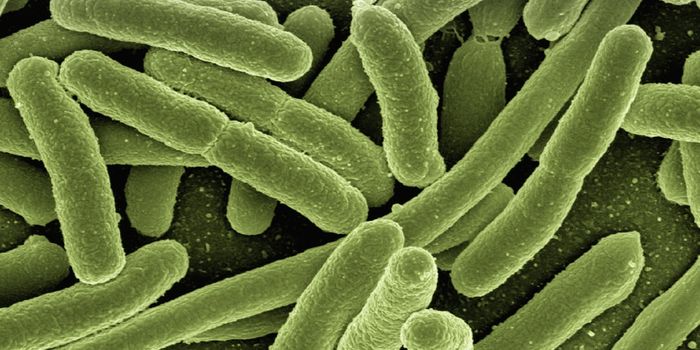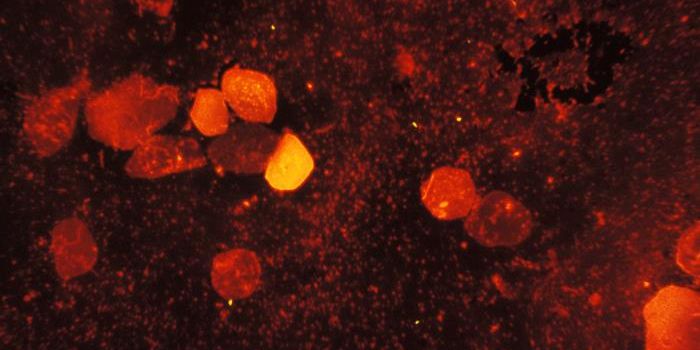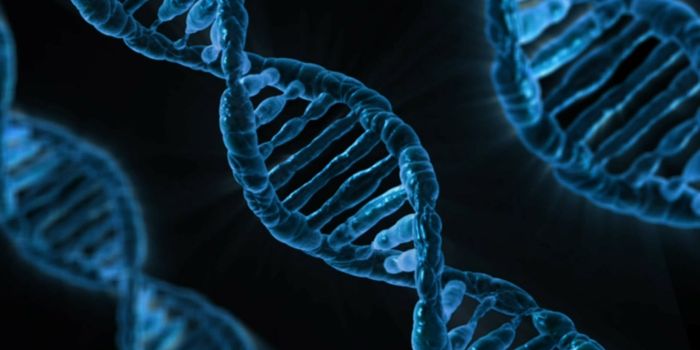Some Microbes May Protect the Gut From Chemo's Harmful Effects
The microbes in our gut can influence our physiology in many ways. Some gut microbes have a positive impact on human health, while others can be more detrimental. There's also evidence that gut microbes can metabolize medications and may influence their efficacy. Scientists have been learning more about the effect that gut bacteria can have on chemotherapy. New research has suggested that some gut bacteria can shield other microbes from cancer therapies, preventing harmful changes from affecting the microbial community there. These microbes may one day be useful in mitigating the side effects of cancer drugs. The findings have been reported in mSphere.
"We were really inspired by bioremediation, which uses microbes to clean up polluted environments," said senior study author Erica Hartmann, an assistant professor of environmental biology at Northwestern University. "Usually bioremediation applies to groundwater or soil, but, here, we have applied it to the gut. We know that certain bacteria can break down toxic cancer treatments. We wondered if, by breaking down drugs, these bacteria could protect the microbes around them. Our study shows the answer is 'yes.' If some bacteria can break down toxins fast enough, that provides a protective effect for the microbial community."
Cancer treatments may be essential to save the lives of many cancer patients, but for some, these therapeutics will take a devastating toll on the body. Researchers have found that beneficial bacteria in the gut microbiome may be destroyed by chemotherapy.
"Chemotherapy drugs do not differentiate between killing cancer cells and killing microbes," Hartmann said. "Microbes in your gut help digest your food and keep you healthy. Killing these microbes is especially harmful for children because there's some evidence that disruption in the gut microbiome early in life can lead to potential health conditions later in life."
Previous research has indicated that a microbe called Raoultella planticola that's naturally found at low levels in the gut can metabolize the chemotherapy drug doxorubicin. The study authors wanted to know if that enabled R. planticola to protect other bacteria in the microbiome. They engineered a simplified microbiome with other bacteria that are typically found in the human gut, and included strains that break down doxorubicin: Escherichia coli and Klebsiella pneumoniae; strains that are doxorubicin-sensitive: Clostridium innocuum and Lactobacillus rhamnosus; and a sensitive strain that does not break the drug down: Enterococcus faecium.
This work indicated that in culture, the beneficial strains were able to protect the sensitive bacteria and increased their survival rates, and may reduce the toxic effect the drug has on the gut.
A caveat to the study is that it did not involve samples from cancer patients being treated with chemotherapy. A lot more work will be needed before we can put this research into practice, noted Hartmann. But this is a start.
"There are several eventual applications that would be great to help cancer patients, particularly pediatric patients, not experience such harsh side effects," she said. "But we're still far from actually making that a reality."
Sources: AAAS/Eurekalert! via Northwestern University, mSphere









